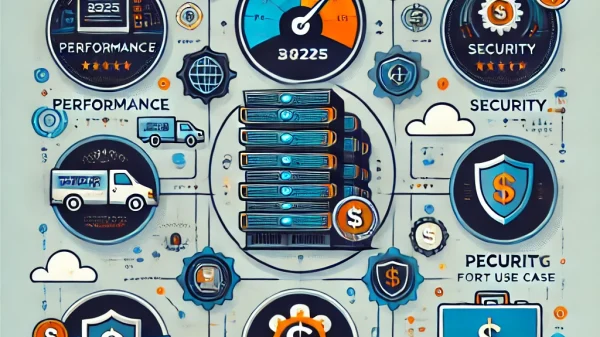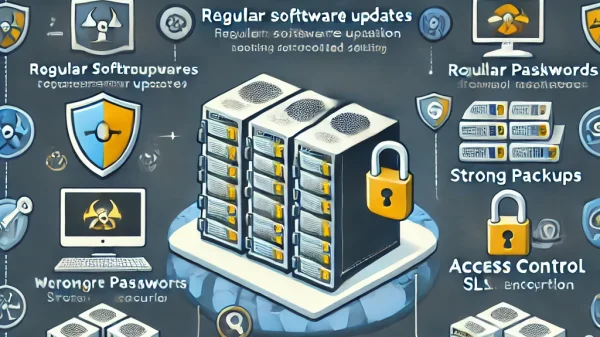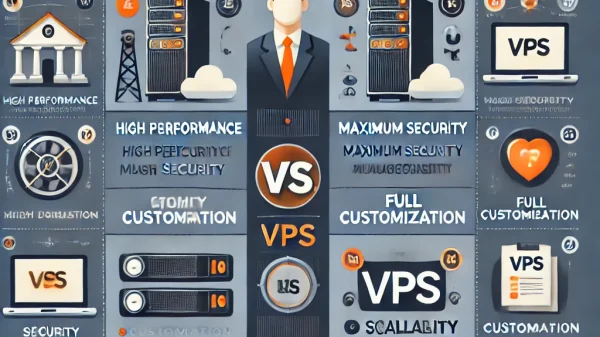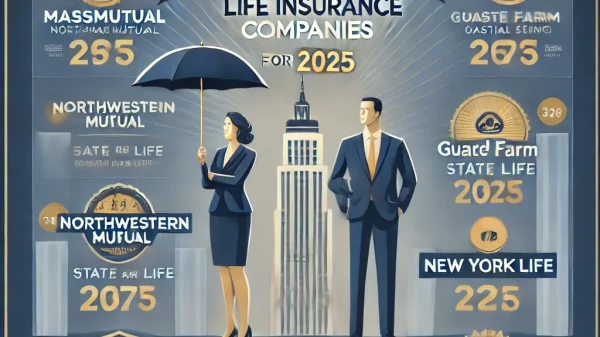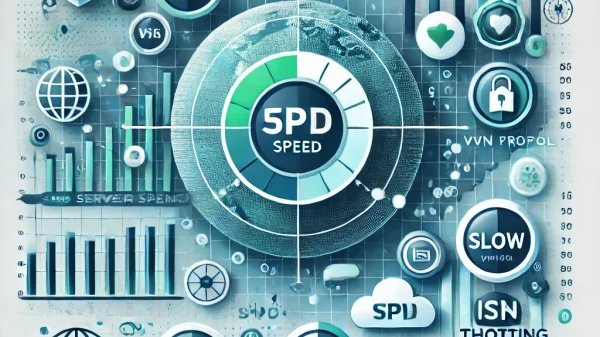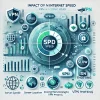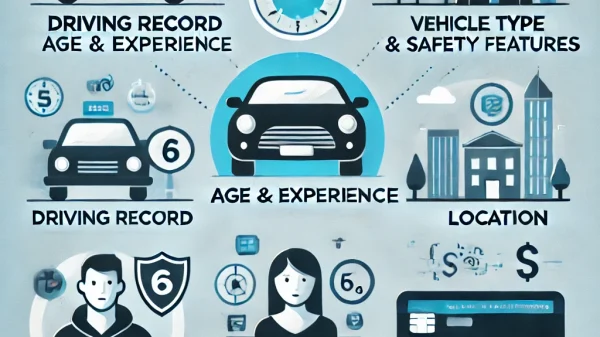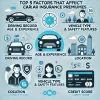The world of car insurance is undergoing a major transformation thanks to advancements in technology. From AI-powered claims processing to telematics-based policies, insurers are embracing new tools to make coverage more personalized, efficient, and cost-effective.
In this article, we’ll explore how technology is reshaping the car insurance industry, the benefits for drivers, and what the future may hold.
| Technology | Impact on Car Insurance | Key Benefits |
|---|---|---|
| Telematics & UBI | Tracks driving habits to personalize premiums. | Lower costs for safe drivers, fair pricing. |
| AI in Claims Processing | Automates claim approvals and fraud detection. | Faster payouts, reduced errors. |
| Blockchain Technology | Provides secure and transparent transactions. | Prevents fraud, reduces admin costs. |
| Self-Driving Cars | Shifts liability from drivers to manufacturers. | Fewer accidents, lower claims. |
| AI-Powered Policies | Customizes insurance plans based on real-time data. | Fairer pricing, personalized coverage. |
1. The Rise of Telematics and Usage-Based Insurance (UBI) 🚗📡
One of the biggest shifts in car insurance is the adoption of telematics-based policies, also known as usage-based insurance (UBI).
🔹 How It Works:
- Insurers use GPS, sensors, and mobile apps to track driving habits.
- Data includes speed, braking, acceleration, mileage, and time of day.
- Drivers with safe habits can receive discounted rates.
📌 Example:
Companies like Progressive (Snapshot), Allstate (Drivewise), and State Farm (Drive Safe & Save) offer telematics programs where safer driving leads to lower premiums.
✅ Benefits:
✔️ Encourages safer driving.
✔️ Rewards low-mileage drivers.
✔️ Helps reduce fraud and false claims.
🚨 Potential Concerns: Privacy issues—some drivers worry about how their data is used.
2. AI and Automation in Claims Processing 🤖📑
Artificial intelligence (AI) is making claims processing faster, more accurate, and less stressful for customers.
🔹 How It Works:
- AI-powered chatbots assist with customer service.
- Computer vision tools analyze vehicle damage from uploaded photos.
- Machine learning detects fraudulent claims in real-time.
📌 Example:
- Lemonade Insurance uses AI to process claims in minutes instead of days.
- Tractable AI helps insurers assess damage using image recognition technology.
✅ Benefits:
✔️ Faster claims approval.
✔️ Reduces fraud and human error.
✔️ Saves time and resources for insurers and customers.
🚨 Potential Concerns: AI may not always understand complex cases requiring human judgment.
3. Blockchain for Secure and Transparent Policies 🔗🔍
Blockchain technology is being explored for smart contracts, fraud prevention, and secure data management in car insurance.
🔹 How It Works:
- Smart contracts automatically execute when conditions are met.
- All transactions are secure, tamper-proof, and transparent.
- Reduces paperwork and eliminates middlemen.
📌 Example:
- Etherisc is experimenting with blockchain-powered insurance solutions for faster payouts.
✅ Benefits:
✔️ Prevents fraud by ensuring accurate records.
✔️ Reduces administrative costs.
✔️ Provides secure and transparent transactions.
🚨 Potential Concerns: Blockchain adoption is still in early stages and requires regulatory approvals.
4. Self-Driving Cars and Their Impact on Insurance 🚘🤖
As autonomous vehicles (AVs) become more advanced, they are expected to reshape the car insurance industry.
🔹 How It Will Change Insurance:
- Fewer accidents = lower premiums.
- Liability may shift from drivers to manufacturers (Tesla, Waymo, etc.).
- Pay-per-mile insurance may become more common.
📌 Example:
- Tesla offers its own insurance policies, leveraging real-time driving data.
✅ Benefits:
✔️ Safer roads with fewer human errors.
✔️ Lower claims and reduced costs for insurers.
🚨 Potential Concerns: Legal and liability questions—who is responsible in an accident involving an AV?
5. The Future: Personalized, AI-Driven Policies 🎯📊
With AI, big data, and machine learning, car insurance will become even more personalized.
🔹 Future Innovations May Include:
- Real-time pricing based on behavior.
- Instant claims processing via AI.
- Custom policies tailored to each driver’s risk level.
📌 Example:
- Insurers like Root Insurance already use AI to offer custom rates based on actual driving habits.
✅ Benefits:
✔️ Fairer pricing for responsible drivers.
✔️ Lower fraud through AI verification.
✔️ On-demand coverage based on real-time needs.
🚨 Potential Concerns: Increased data collection may raise privacy concerns.
Final Thoughts: What Does This Mean for You?
The future of car insurance is exciting, innovative, and customer-focused. Technology is helping drivers save money, get claims processed faster, and receive coverage that matches their needs.
🚗 How to Prepare for These Changes?
✔️ Consider usage-based insurance if you drive safely.
✔️ Stay informed about AI-driven claims processing.
✔️ Be aware of privacy policies when sharing driving data.
✔️ Watch for new insurance models as self-driving cars become mainstream.
💡 Bottom Line: The car insurance industry is evolving, and drivers who embrace technology will benefit the most. 🚀

